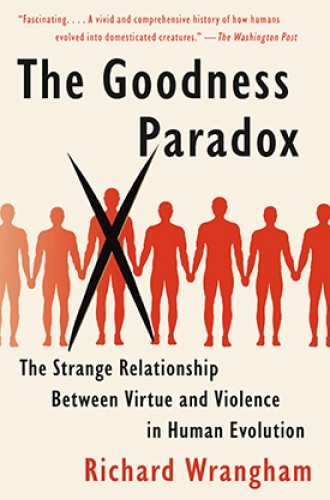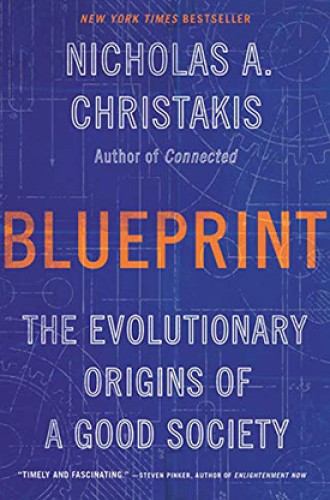It’s hard to be an optimist about human nature if you pick up a newspaper, follow social media, or just stand outside a playground and watch kids pick fights. Nevertheless, both Richard Wrangham and Nicholas Christakis argue that human nature isn’t nearly as bad as it appears.
Wrangham is an anthropologist at Harvard who has devoted his life to studying the origins, biology, and behavior of primates. In a chapter called “The Evolution of Right and Wrong,” he debunks the selfish gene theory, which insists that all acts of altruism are determined by genetics. Wrangham counters this view not on philosophical grounds or with moral arguments but by summarizing several experiments in which the subjects tempered their selfishness with empathy and generosity. The heart of this chapter is a speculative but plausible account of how isolated acts of generosity can be transformed, by a kind of social alchemy, into universal habits of mutual aid.
The key to this transformation is the human propensity to reward and—even more important—to punish others for their actions. We have evolved into a species in which killing is rare, argues Wrangham, precisely because men (the gendered pronoun is intentional here) have come together to identify and execute other men who use violence to get what they want. The result, despite what happens in war zones and on playgrounds, is that human societies are remarkably peaceful. Physical aggression among our closest primate relatives, he relates, is 100 times more frequent than in human societies.







